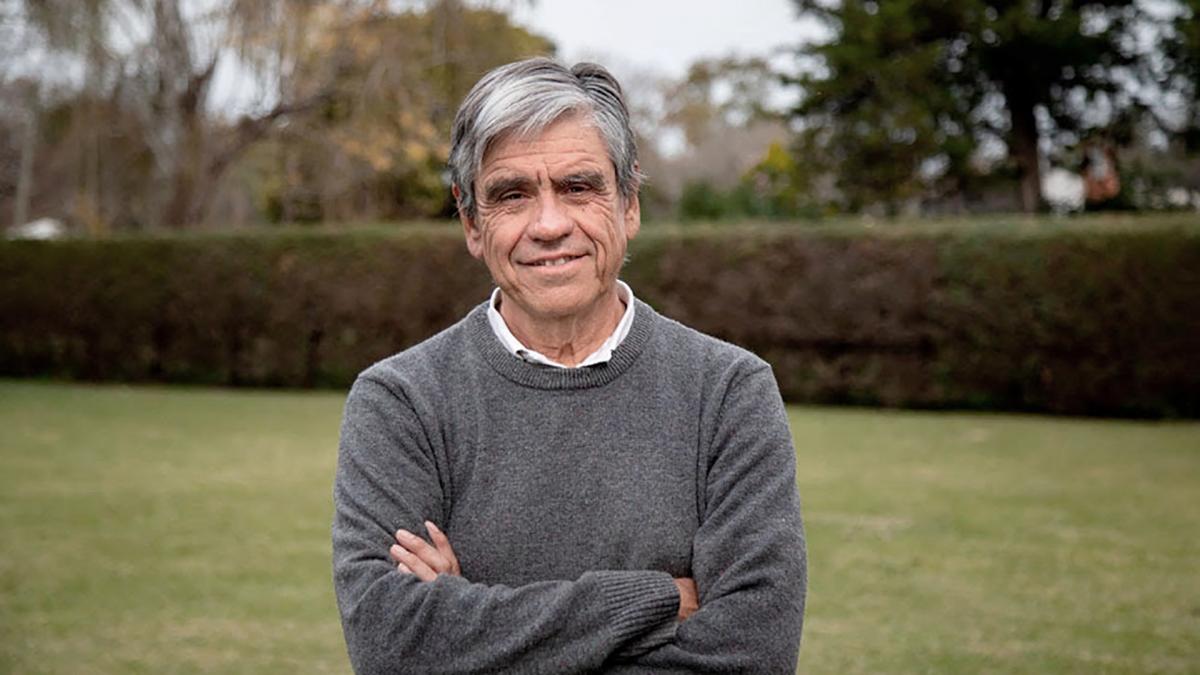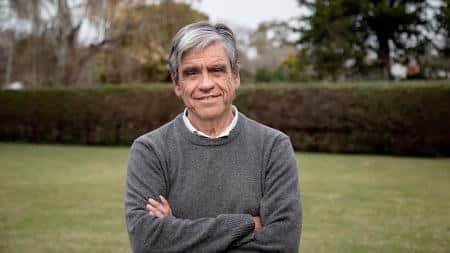 The research group led by De Mendoza has revealed key information on how cells regulate the production of membrane lipids. / Photo: Press
The research group led by De Mendoza has revealed key information on how cells regulate the production of membrane lipids. / Photo: Press
He Conicet researcher Diego de Mendoza was appointed as a new member of the European Molecular Biology Organization (EMBO) for his contributions on the mechanisms of cell signaling and adaptation, becoming the sixth Argentine to be incorporated into this organization in whose payroll includes 91 Nobel Prize winners.
“It is a great honor to have been elected a member of EMBO. This recognition of my career and especially the work of my group represents an important stimulus for our research,” said De Mendoza, a researcher at the Institute of Molecular and Cellular Biology of Rosario (IBR, Conicet-UNR) and Honorary Professor at the University of Rosario. (UNR), in a statement released by Conicet.
The research group led by De Mendoza has revealed key information about how cells regulate the production of membrane lipids, which has important implications for understanding cell adaptation and cell biology in general.
“The group has discovered mechanisms that allow cells to detect and respond to signals both inside and outside the cell, which in turn regulate the synthesis of fatty acids and phospholipids. These signaling mechanisms play an essential role in the ability to microorganisms to adapt to unfavorable environmental conditions and in coordinating the formation of the cell envelope with other important molecules”described the statement from the national scientific body.
This scientific work gave rise to the creation of the biotechnological company INMETof which De Mendoza is a founding partner, which specializes in the optimization of microorganisms for the biotransformation of agro-industrial waste into high value-added products.
“It is a great honor to have been elected a member of EMBO. This recognition of my career and especially the work of my group represents an important stimulus for our research.” Diego de MEndoza
Between 2011 and 2012, De Mendoza worked at the Max Planck Institute for Cellular Molecular Biology and Genetics in Dresden, Germany.
“Recently, our lab discovered that lipid signaling molecules, called endocannabinoids, prevent cholesterol retention in tissues of (a type of cell) C. elegans. This discovery may be important for understanding the molecular mechanisms by which cholesterol accumulates to toxic levels in neurons, a problem that occurs in some neurodegenerative diseases such as Niemann-Pick type C or Alzheimer’s disease”, explained De Mendoza.
A distinguished career
Throughout his professional career he was honored with numerous awards. Among the most important are: Howard Hughes Medical Institute International Investigator (2002-2011); Alexander von Humboldt Prize (2010). Houssay Lifetime Achievement Award in Biochemistry and Molecular Biology (2017) Researcher of the Argentine Nation (2017); Konex Award (2003 and 2023); Bunge & Born Lifetime Achievement Award in Microbiology (2021).
He is also a member of the Academy of Exact and Natural Sciences since 2004, a member of the United States Academy of Microbiology since 2006 and of the Argentine National Academy of Sciences since 2017.
This year, EMBO incorporated 69 new members; the main objective of the organization is “to support researchers at all stages of their careers, to stimulate the exchange of scientific information and to help build a research environment where scientists can achieve their best work”.
De Mendoza is the sixth Argentine to join EMBO, of which five other Conicet members were already part: Alfredo Cáceres (Inimec, Conicet-UNC-IMMF); Alberto Kornblihtt (Ifibyne, Conicet-UBA), Fernando Pitossi (Iibba, Conicet-Fundación Instituto Leloir), Fernanda Ceriani (Iibba, Conicet-Fundación Instituto Leloir) and Gabriel Rabinovich (Ibyme, Conicet-F-Ibyme).


